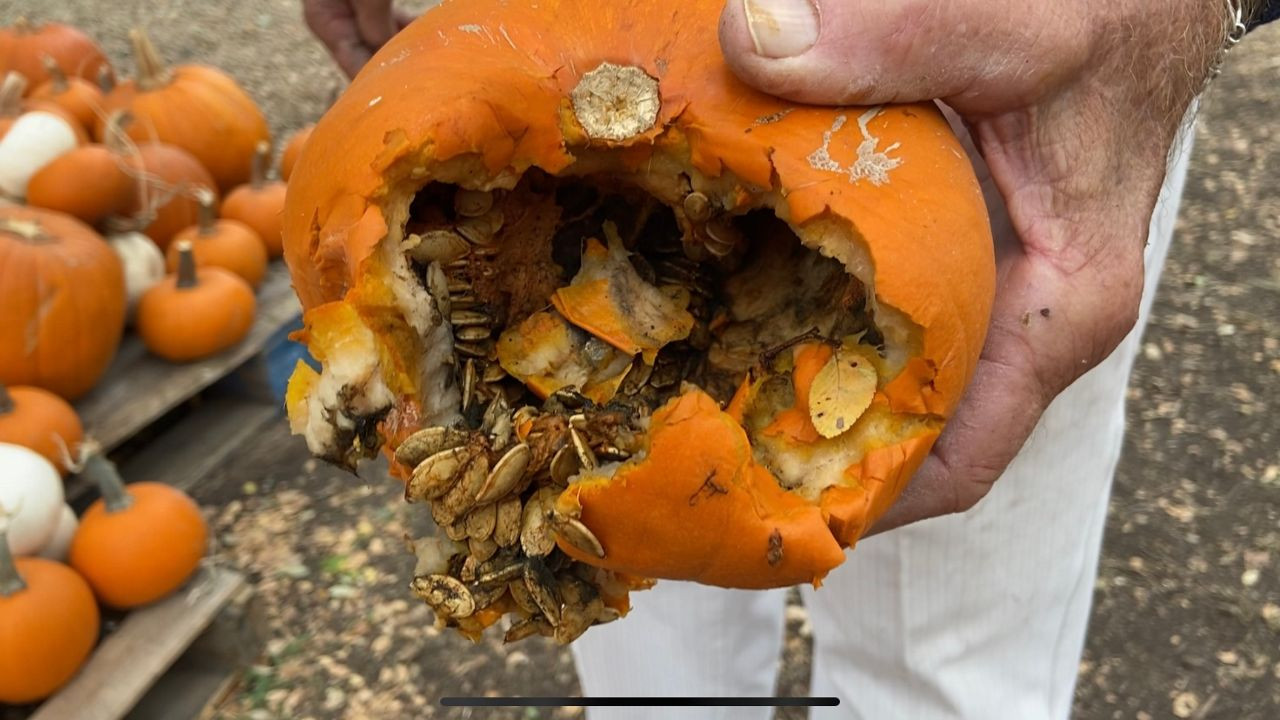A large number of frozen waffle products have been recalled due to potential contamination with the bacteria Listeria monocytogenes. Illinois-based manufacturer TreeHouse Foods has voluntarily recalled some of their frozen waffle products due to the potential for contamination of Listeria monocytogenes during production, per an Oct. 18 release from the U.S. Food and Drug Administration. The frozen waffle products are sold at stores like Walmart, Target, Harris Teeter and Publix, among others, and include several brands, such as Kodiak, Good & Gather and Simple Truth.
More than 600 varieties of frozen waffles manufactured by TreeHouse Foods and sold under major store brands such as Walmart's Great Value and Target's Good & Gather have been recalled because they might be contaminated with listeria. The recall was issued with the knowledge of the FDA, the release noted. The full list of recalled products with images and UPC codes can be found here.
TreeHouse Foods, Inc. voluntarily recalled several hundred waffle products across 25 of its brands, which have been distributed around the U.S. and Canada, the U.S. Food and Drug Administration (FDA) announced. The brands involved include:
The recalled products include a vast range of frozen waffles, such as blueberry waffles, chocolate chip waffles, pumpkin waffles, buttermilk waffles, multigrain waffles, homestyle waffles, and protein waffles. No confirmed reports of illness have been reported in relation to the products, the company said per the release. TreeHouse Foods advised anyone who purchased the products to dispose of them and contact the retailer from which they were purchased for credit.
Listeria Contamination
Listeria monocytogenes is a type of bacteria that can cause a serious infection known as listeriosis. It is commonly found in contaminated food, particularly in raw or unpasteurized dairy products, deli meats, and some processed foods. The Centers for Disease Control and Prevention (CDC) says listeria infection is the third leading cause of death from foodborne illness in the U.S., with about 1,600 infections and 260 deaths across the country every year.
Listeriosis Symptoms
Symptoms of invasive listeriosis, which means the Listeria has spread beyond the intestines, typically start within two weeks of consuming food contaminated with Listeria, per the Centers for Disease Control and Prevention. Symptoms can include:
- Fever
- Flu-like symptoms, such as muscle aches and fatigue
- Headache
- Stiff neck
- Confusion
- Loss of balance
The CDC noted that symptoms can become severe and that almost 1 in 6 non-pregnant people infected with invasive listeriosis die. Symptoms in pregnant people are typically mild and some never experience symptoms, according to the agency. However, an infection has the potential to cause miscarriage, stillbirth, premature delivery or life-threatening infection of the newborn.
How to Protect Yourself
The FDA has listed all the affected products, and has urged customers to check their freezers. "Consumers and retailers can identify the UPC on the back of the carton, and the Lot Code and Best By Date for these products on the end of the carton," the FDA said. Customers are encouraged to dispose of the products if they find them, or return them to where they bought them.
Listeria is notable because it can grow in colder temperatures, including in refrigerators, which makes it more challenging to control compared to other bacteria. Vulnerable populations, such as pregnant women, newborns, elderly people, and individuals with weakened immune systems are most at risk, and in severe cases, the infection can spread to the nervous system, leading to meningitis or encephalitis. "Listeria monocytogenes infection can cause miscarriages and stillbirths among pregnant women," the FDA said.
Looking Ahead
The products were recalled after a routine test at the TreeHouse Foods manufacturing facility. Listeria infections typically cause fever, muscle aches and fatigue and may cause stiff neck, confusion, loss of balance and convulsions. Symptoms can occur quickly or up to 10 weeks after eating contaminated food. The infections are especially dangerous for older people, those with weakened immune systems or who are pregnant. TreeHouse, which said no confirmed reports of illness have been identified, said consumers should check if they have the recalled waffles in their freezers and either throw them out or return them to the place of purchase for credit. The company discovered the problem through routine testing at its manufacturing plant, TreeHouse said.
Consumers with any questions can contact the company at 800-596-2903, Monday to Friday from 8 a.m.-4:30 p.m. Central Standard Time. Below is a list of the recalled frozen waffles.



















